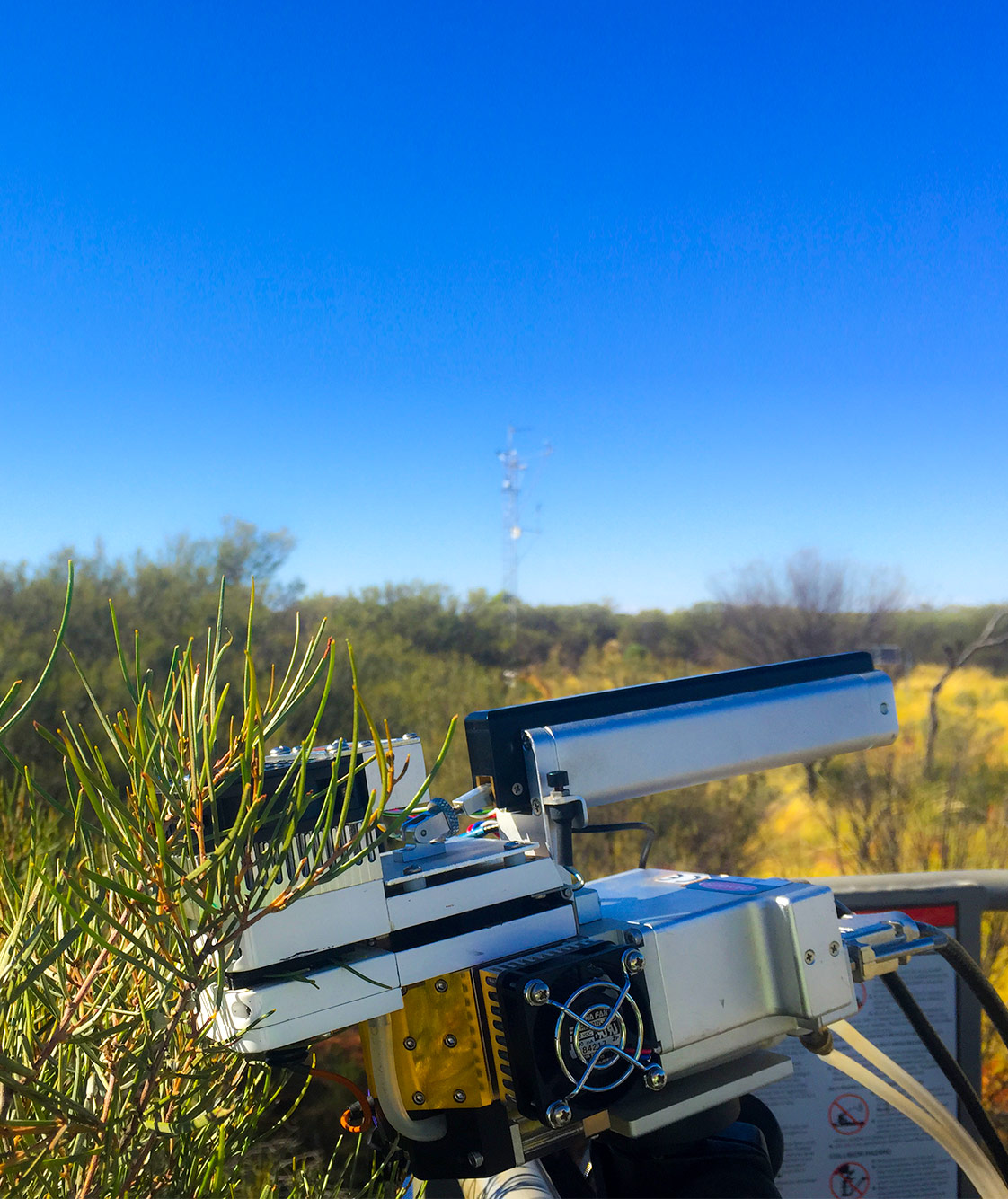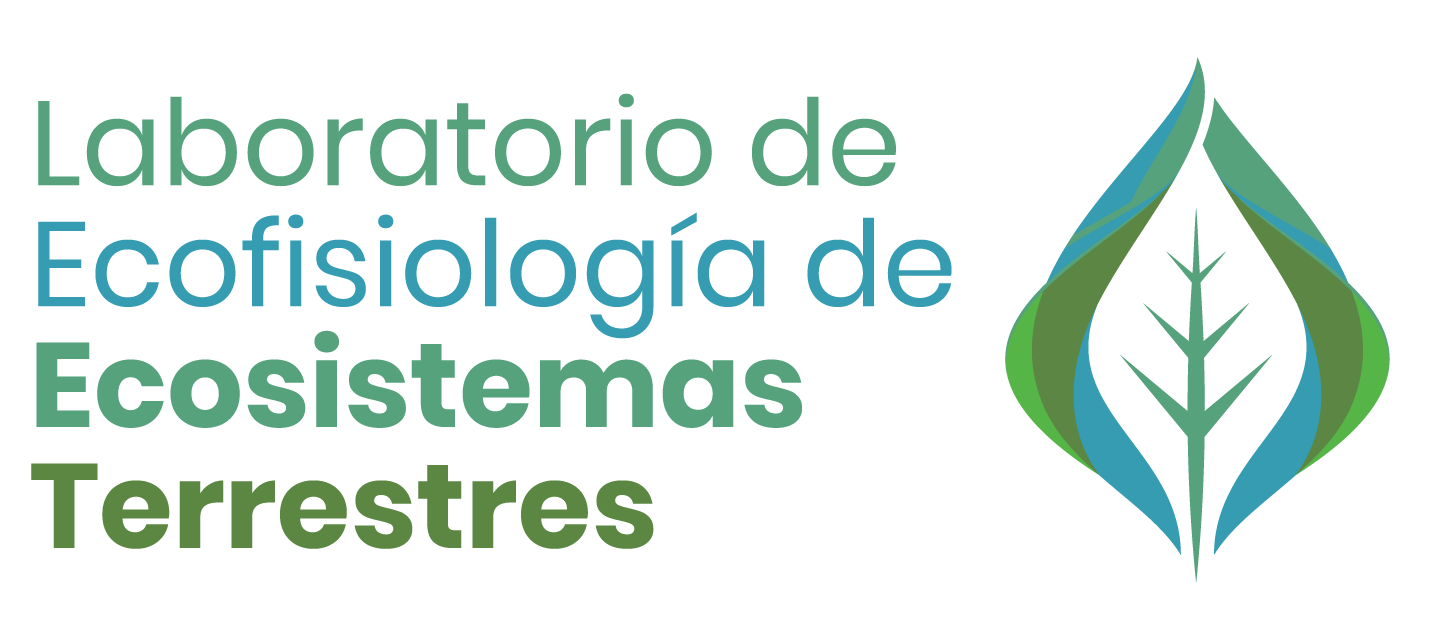
The Tarin’s research group focuses on understanding the interactions between plants, ecosystems and their environment. To do this work, we study mechanisms in plant physiology that explain the exchange of energy (through carbon and water fluxes) in terrestrial ecosystems. Our group is using innovative approaches to integrate across multiple spatial scales (cellular to canopy) and temporal scales (daily, seasonal, inter-annual) with emphasis in semi-arid regions. Our science will advance the understanding of current and future behaviours of terrestrial ecosystems in the face of climate variability and will lead to successful management of land and water resources.

John Muir

Advancing our knowledge of the functional attributes of coexisting plant species and ecosystem functioning (i.e. resilience; carbon and water fluxes and water-use efficiency) contributes to three of the global goals of The Sustainable Development Agenda 2030: 1) Water, which is a vital resource, 2) Climate Action through the study of ecosystems and their responses to a changing environment and 3) Life on land by understanding ecosystems functioning and productivity.


Contributing with timely information on key components of the hydrological cycle such as evapotranspiration and generating water budgets at a local- and regional-scale. Additionally, to evaluate the water-use efficiency in terrestrial ecosystems and its annual and seasonal variability.

Generating knowledge of terrestrial ecosystems and basic functional processes (i.e., photosynthesis), through ecophysiological studies, in order to improve prediction of climate variability and thus reduce uncertainty in Global Climate Models, Hydrological Models, and Vegetation Models.

Achieving an understanding of ecosystem functioning to contribute to decision-making and management of natural resources, and thus advance in the development of adaptation and mitigation programs for ecosystems in the face of a changing environment and for the benefit of our communities.

Dr. Tonantzin Tarin
Principal investigator
Department of Functional Ecology
Institute of Ecology
Universidad Nacional Autónoma de México